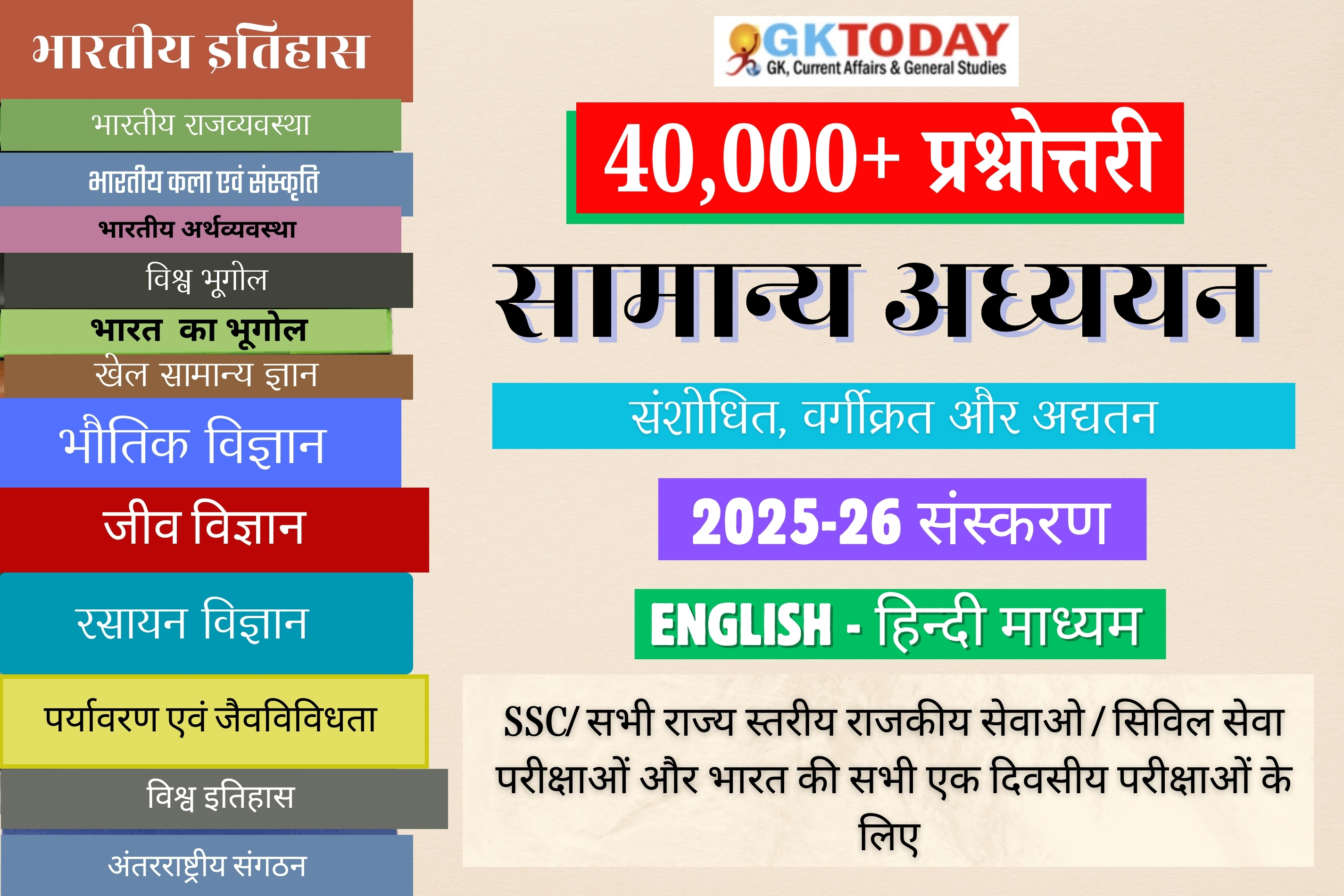Internet as Basic Human Right
Internet shutdowns are used worldwide when there is civil unrest to block the flow of information about government activities and prevent spread of fake rumours.
In India, with the presence of cheap data, services like WhatsApp are used to spread mis-information.
Cutting online access
The Internet can be termed as a basic human right even if it lacks the legal definition. Authoritarian regimes such as China and Iran routinely cutoff the web, and India now also sees frequent shutdowns.
Internet has been shutdown in several districts of West Bengal following the protests against the Citizenship amendment act, passed by the Parliament. Earlier, the state of Jammu & Kashmir has seen a strip of normal internet services after the state was stripped of its special status.
Internet shutdowns impact people and can affect whole economies, individual businesses while disrupting the life of ordinary citizens. There are economic consequences as well with Internet shutdowns causing a global of around $2.4 billion between July 2015 to June 2016.
The UN recognised the Internet as a human right in 2016 passing a non-binding resolution while condemning countries which disrupt Internet access. According to the UN, measures aimed to intentionally prevent or disrupt access to information online is a violation of international human rights.


